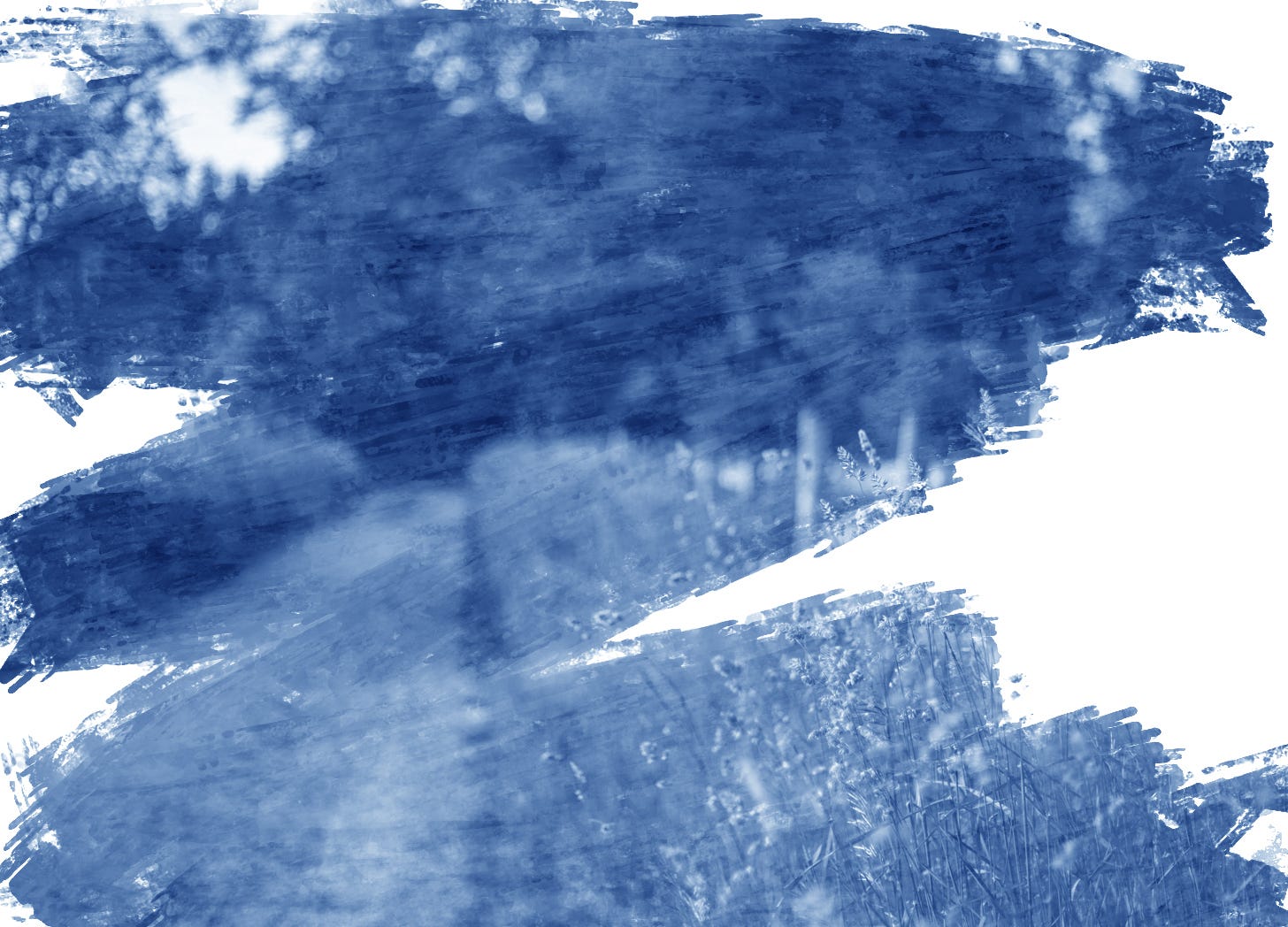American Tracking Shot
Heavy Chevy Bang Bang
The wind shifted.
The car slid up beside me without ceremony.
No revving. No theatrics.
I didn’t think much of it.
I was a kid, riding my scuffed ten-speed,
rehearsing in my head the clever things I’d say someday
when my life finally became interesting.
Then the car pulled up beside me,
as if responding to my cue.
Just a machine pacing a girl on a ten-speed
that had no business outrunning anything.
I thought he was going to drive over me.
I barely made it off the road
without ditching the bike under his wheels
The window rolled down.
The man leaned back into the shadows.
Ain’t you ashamed? Trying to steal a
I made out he must be not quite sure
young, hoping I couldn’t see it.
Then he lifted the gun
and pointed it out the window at me.
My heart really did skip a beat as the fear hit —
the kind that arrives so cleanly
you feel the world tighten around its outline.
Everything unnecessary vanished.
“Tell me your name.”
Ah.
So the gun was going to do everything.
This guy —
this guy was a mess,
and things could only get worse from here.
So much would have to happen
for him to get what he wanted,
and this gun —
he clicked the safety off,
what a chump —
was going to figure it all out for him.
A man who hadn’t done the assignment
and now he wanted to copy my notes.
My name?
And I —
twelve, sunburned,
annoyed to be interrupted mid-daydream —
realized I could simply…
not oblige him.
Do not roll your eyes, I thought.
So I tilted my head,
the way actresses do
when they’re about to deliver
the line the audience came for.
“Why do you want to know?”
The question did not fit his script.
He leaned forward then
and looked genuinely perplexed —
a villain thrown off
by a heroine who refused the stage directions.
I looked evenly at the gun,
then at him.
The whole thing just seemed… inefficient.
I could see — instantly —
he didn’t know why he’d asked.
And now, instead of getting me into the car,
he was scrambling
to come up with an answer.
Behind him, another car swung onto the road.
Wrong timing for him.
Perfect for me.
He cursed,
pulled the gun back in and dropped it —
actually dropped it —
hit the gas,
and vanished.
Dust rising around me.
Silence returning.
Not bad, I thought.
Not bad at all.
I dragged the handlebars,
pulling my front wheel back onto the road,
a little surprised
to find myself smiling.
It seemed my life
had gotten interesting after all.
Every column in The Pounce extends looking at film as a craft of turning, timing, and transformation. My essays will follow that current, tracing how films fracture and gather, how meaning lives in what they withhold as much as in what they show.



